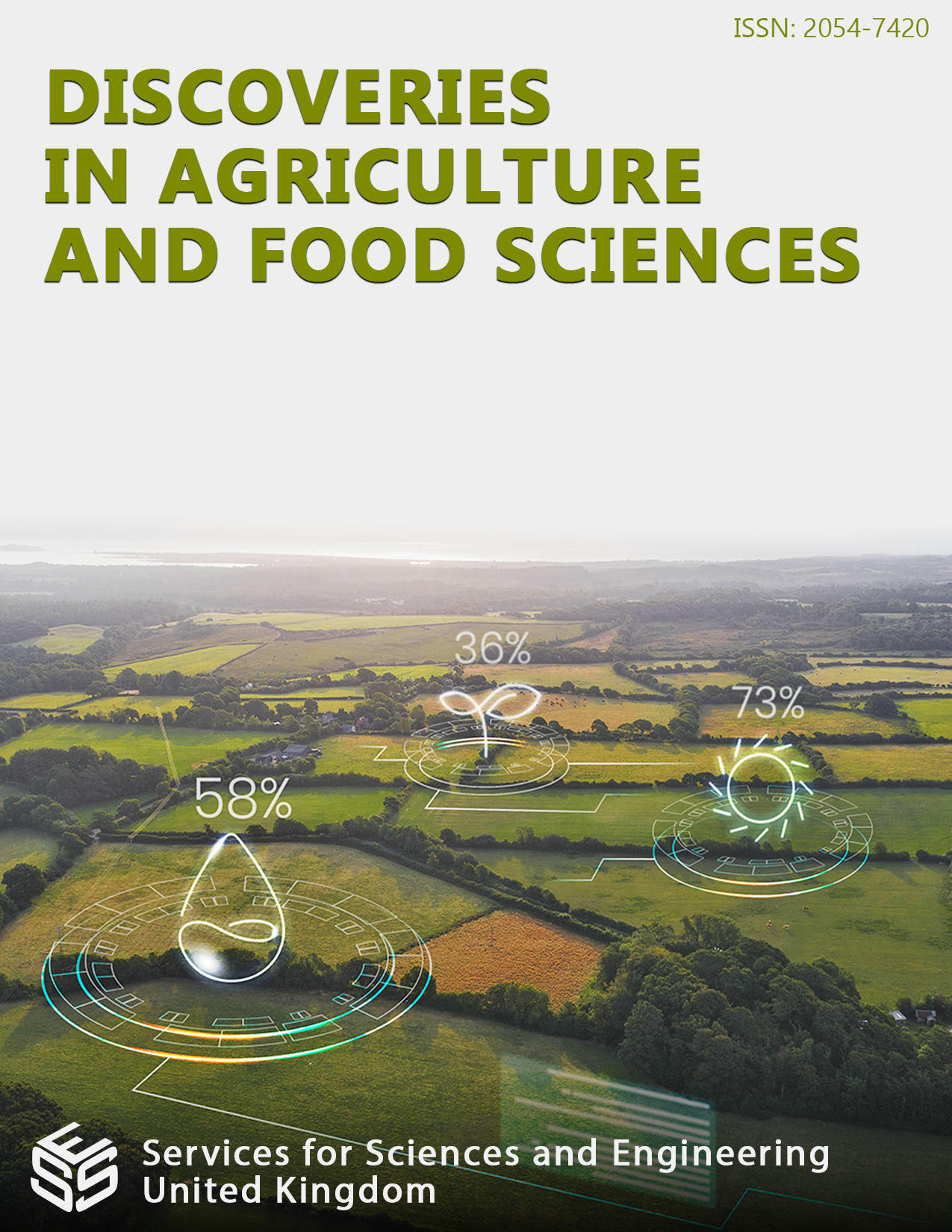Functional Feeding and The Significance of The Protein Energy Theory for Rumen Digestion: A Comment Paper
DOI:
https://doi.org/10.14738/tnc.123.17114Keywords:
rumen, digestion, functional feeds, nutritionals, microbial protein, synthesis, peptides, oligosaccharidesAbstract
This paper discusses a role for peptides or oligosaccharides with microbial cell protein (MCP) synthesis and their molecular mechanisms: oligomeric chaperoning of enzymes and/or other proteins with the protein synthetic machinery and allosteric interactions regarding the type of metabolic process. Further modifications to improve oligomeric performance as a feed interventive would be for peptides: longevity, primary structure regards limiting amino acids in microbial metabolism, possible leader sequences for uptake into the cellular milieu, critical sequences directly relating to the structural dynamics of chaperoning, and finally considerations for transcription factors (TF) with mitogenesis for boosting rumen microbial cell growth and development. Finally, proteinergic strategies, for e. g., the enrichment of germ seed proteins by seed protein companies jumpstarts the boosting of rumen microbial protein supply for meat and milk production with this type of functional feeding for livestock.
Downloads
Published
How to Cite
Issue
Section
License
Copyright (c) 2024 D. A. Flores

This work is licensed under a Creative Commons Attribution 4.0 International License.






